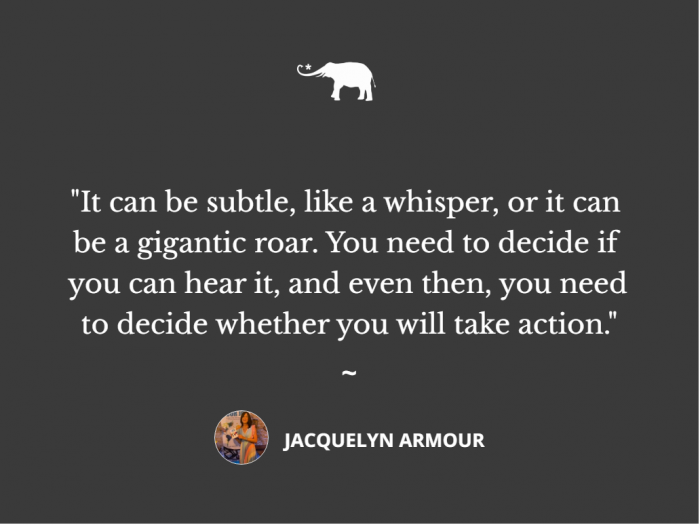Do you know that your body keeps score?
Our bodies are sensitive.
At times, it feels like they are way too sensitive—or maybe they are just shouting at us to slow down and listen up.
It can be subtle, like a whisper, or it can be a gigantic roar. You need to decide if you can hear your body, and even then, you need to decide whether you will take action.
I am now aware of when my body is shouting at me. Are you?
When I return from any trip or adventure, I immediately sense that I have been maxing out life—and neglecting my body. I have a sore throat. I am usually low on energy and have probably used up most of my reserves.
It shows signs of its arrival the minute I land back into my homeland, Scotland. Now, I even expect it to happen. It is a way for my mind to tell me my body needs rest. On each trip, I go all in and max out the days. Usually with a sunrise run and a sunset walk. I’m exploring and cramming in all the sights, and my sleep is usually affected. Our bodies operate on reserve for a period, but then they need some rest to recharge. If you don’t rest, then it tells you that it needs to. Kind of clever when you consider it.
Ideally, I don’t want to get to that “I am on red battery” point. It is a fine balancing act.
What signs do your mind and body shout to you?
For a while, I was prone to an upset tummy—let’s just say it was delicate. It would flare up at various points through my 20s and into my 30s, and was sometimes triggered by certain food types, or experiences—we all know stress can lead to those anxious butterflies in our tummy—and of course, that old favourite, alcohol.
My body was crying out for me to stop feeding it stuff it didn’t like. I would sometimes listen and identify the culprit—creamy dishes would usually lead to an outbreak. This led to a choice to remove cream from my diet.
I never listened following a boozy session though. Surely, that was part of a big drink session—the feeling of sluggishness and the unhappy tummy the next day.
But in 2018, things changed, and I decided I wanted to make a change. The hangovers were making life hard and life doesn’t need to be hard. The minute I stopped drinking alcohol, I could tell my body and mind seemed happier. Finally, after years, I’d suddenly listened and took drastic action. Goodbye to alcohol, hangovers, feeling lethargic, and that yucky tummy. Hello to freshness and lots of energy. Hallelujah. If only I’d listened sooner. But we live and learn.
My body still wasn’t 100 percent happy. I turned investigator, and in 2019, I visited a natural therapist who highlighted several food intolerances. Dairy and gluten were high up there. Again, I made a drastic choice and listened to my body. I switched out dairy for dairy-free milk and yoghurts. I became more mindful to remove other dairy products and also gluten—which is, surprisingly, in more food types than you imagine.
For over six months I was pretty strict and my body was happy. And what happened? It seemed to fix itself. On a trip to France a year later, I ate all the gluten in the form of pizza and many croissants. And I didn’t restrict my diary intake. The amazing news? My tummy felt good. Hurray!
How amazing are our bodies? Sometimes, they can fix themselves by unlearning food intolerances.
I now use mainly dairy-free products, but I don’t restrict on gluten. And I can happily report back that I have a healthy gut.
It is important we listen to our bodies. For example, some will be familiar with skin flare-ups after an excessive weekend—the signs are there for us to spot.
At first, it may seem like a one-off, but when we keep abusing our bodies and our minds, a one-off becomes a pattern, and our bodies become more vocal, shouting louder. A whisper forms into a roar, begging to be heard.
When possible, it is important to make notes and reflect on our lifestyles to address any imbalances.
How does your body keep score?












Read 2 comments and reply